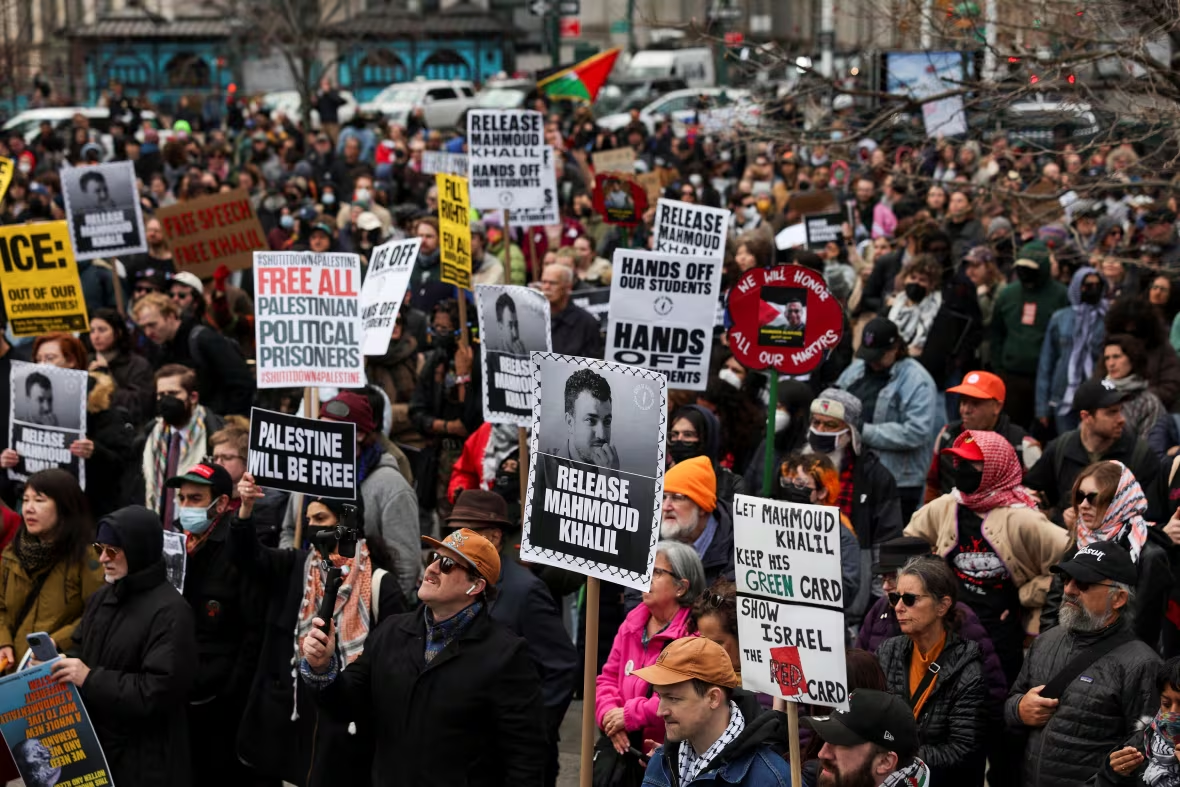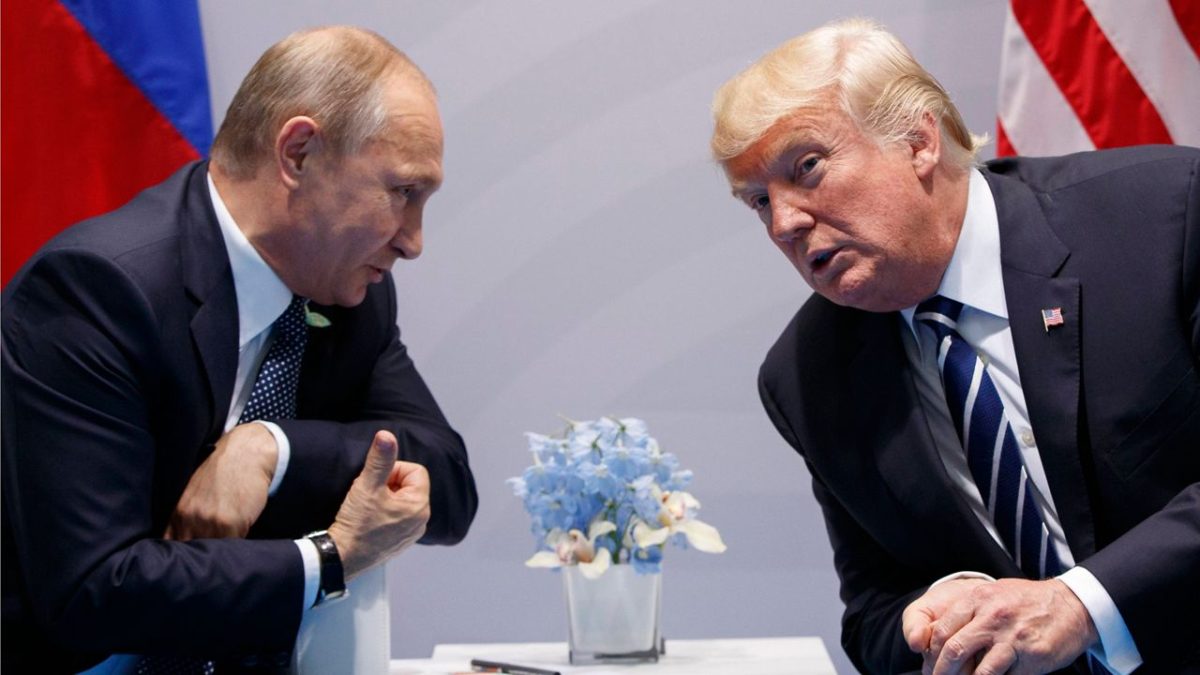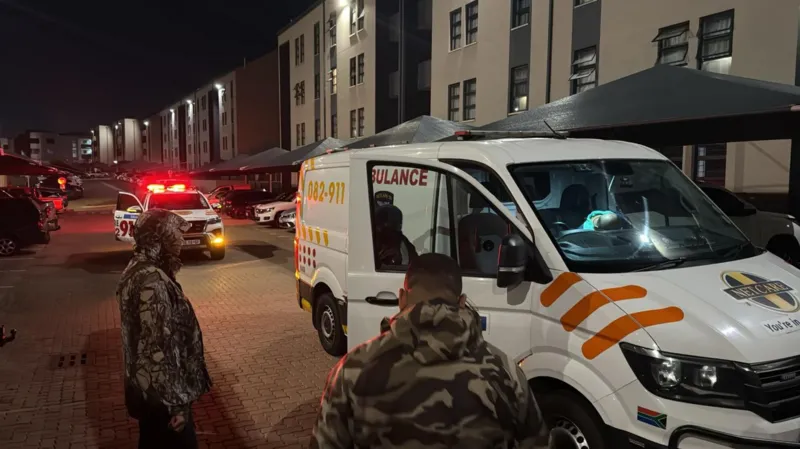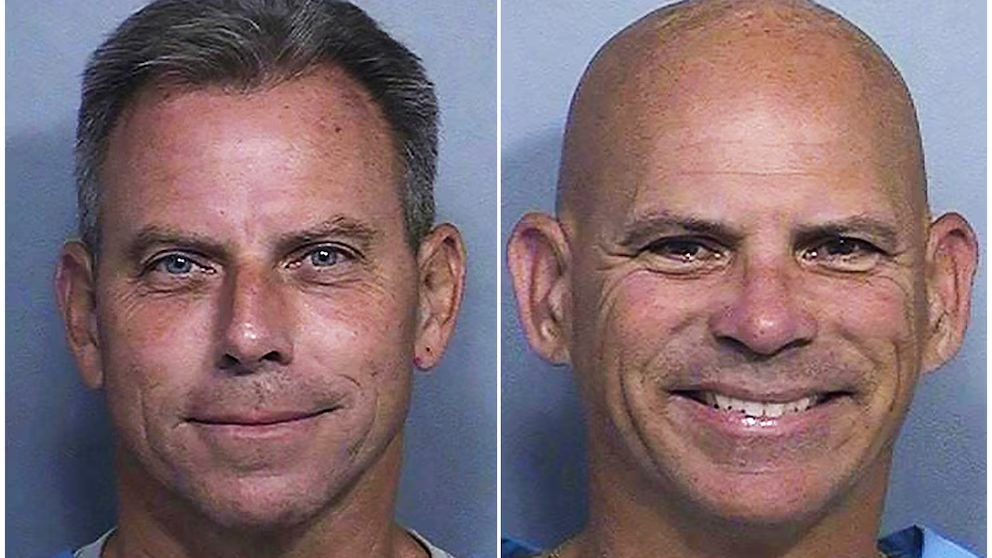Mahmoud Khalil, a student from Columbia University is the first student protester to be arrested. He was born in Palestine, but moved to the United States in 2022.
He came to the U.S on a visa, but became a permanent resident last year. He earned his master’s degree in public administration, but he was set to graduate in May.
He got arrested in his apartment in front of his pregnant wife and was sent to a detention center in Louisiana. The immigration and customs enforcement agents (ICE) are the ones who arrested him, which was linked to his role in protesting against Israel’s military campaign in Gaza.
When the officers arrested Khalil, they threatened to revoke his student visa and deport him. However, when Khalil’s lawyer corrected them by saying he had a green card, they said they would revoke that instead.
This arrest was an executive order, signed by the United States president. Donald Trump said, “It’s the first of many.”. He also said that more arrests would follow.
The White House spokesman’s Karolin Leavitt, accused Mahmoud Khalil of “siding with terrorists” and that the government had the right to revoke his residency status. “This administration is not going to tolerate individuals having the privilege of studying in our country and then siding with pro-terrorist organizations,” Leavitt told reporters.
During Khalil’s first court hearing in New York City on Wednesday, many people were manifesting for his case. Hundreds of protesters gathered, holding signs saying “Release Mahmoud Khalil” and chanting “Down, down with deportation, up, up with liberation.”
Columbia University declined to comment on the situation. However, professors from the school have spoken out against Khalil’s arrest. Reinhold Martin, president of the AAUP’s Columbia chapter, called for Khalil’s immediate release.
Mahmoud’s wife, an American citizen who is eight months pregnant, expressed her concern about his arrest. She said, “Mahmoud is my rock, he is my home, and he is my happy place.”. Their unborn child’s future is now uncertain.









